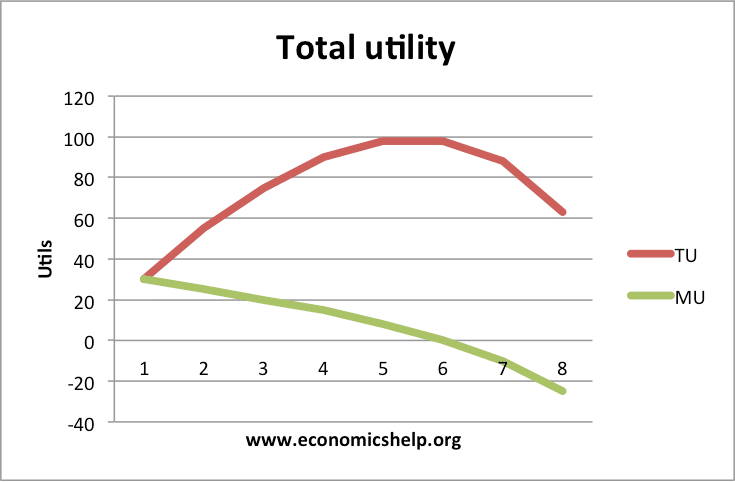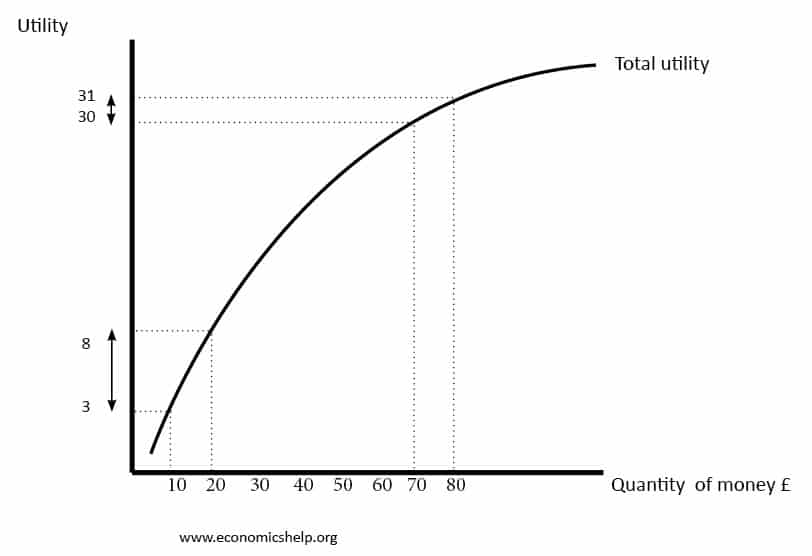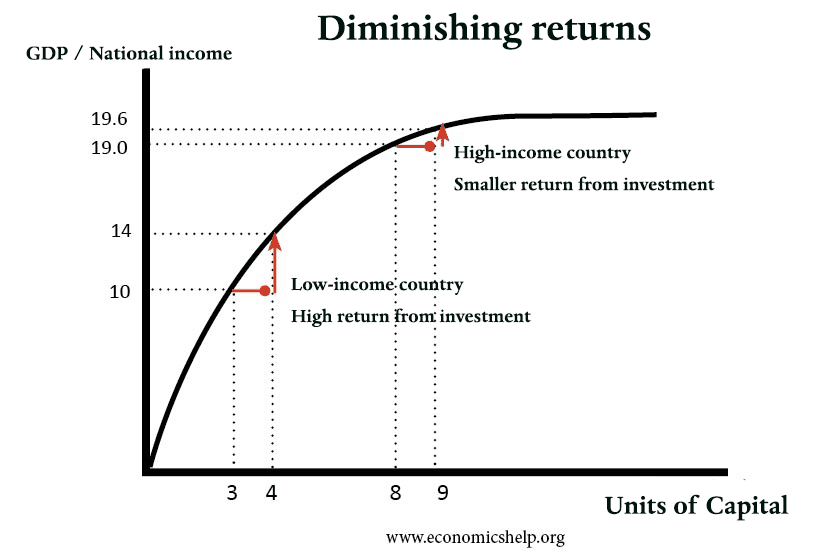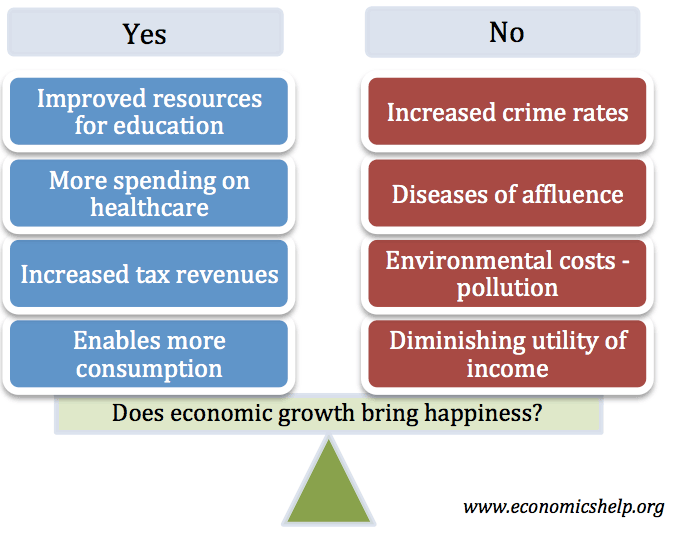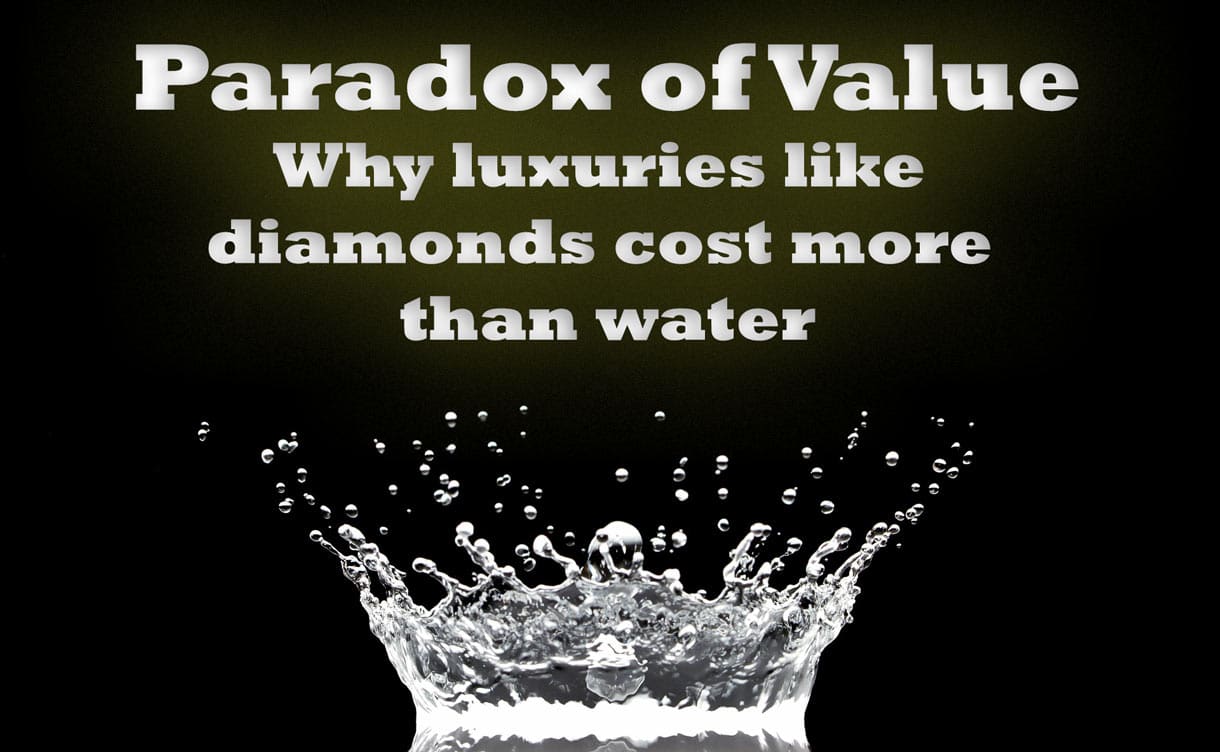Total utility
In economics, utility refers to the amount of satisfaction that a consumer gains from a particular good or service. Total utility refers to the complete amount of satisfaction gained. Marginal utility refers to the satisfaction gained from an extra unit consumed. If the marginal utility of the last item is positive – then total utility …

